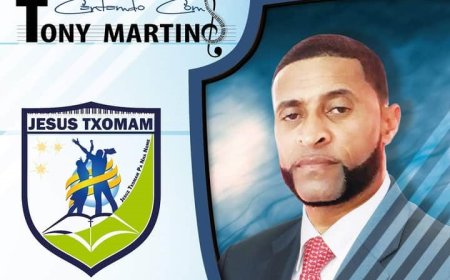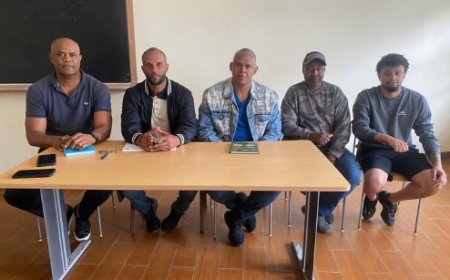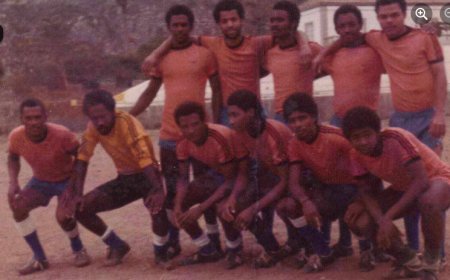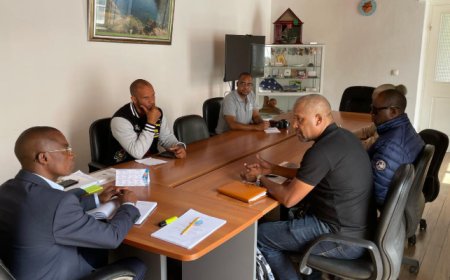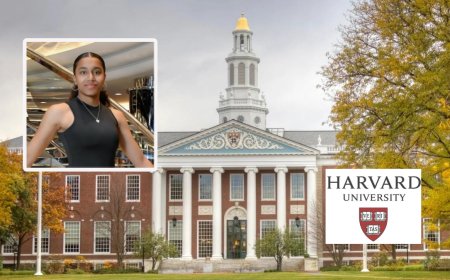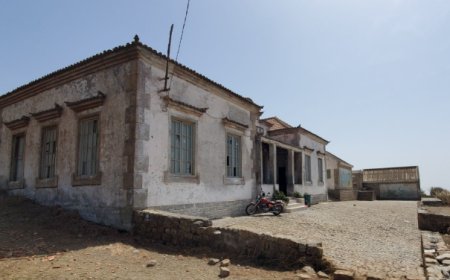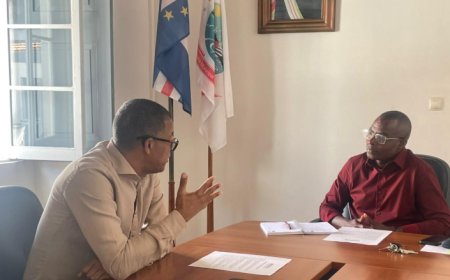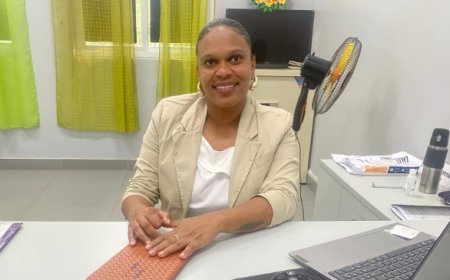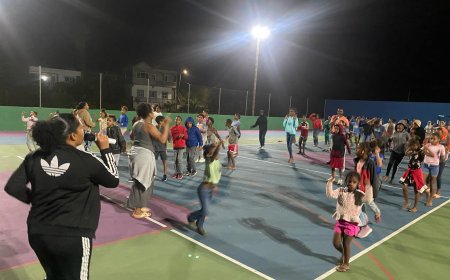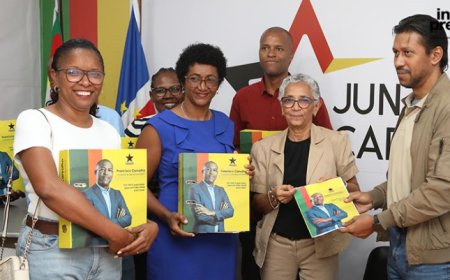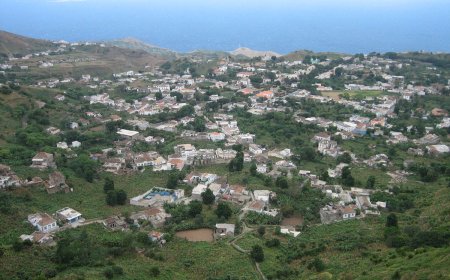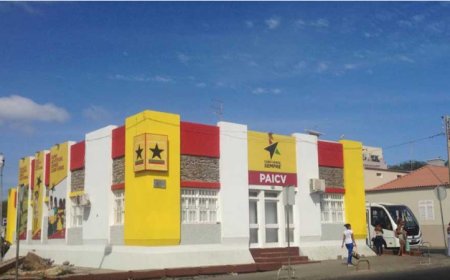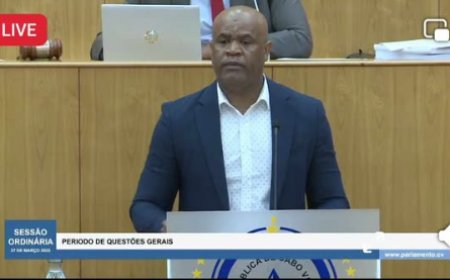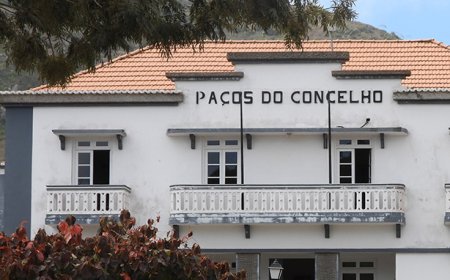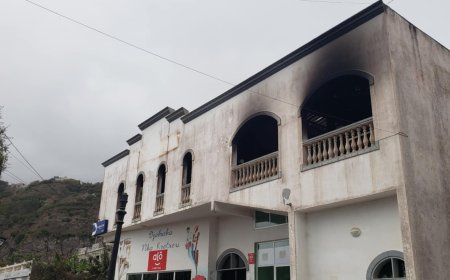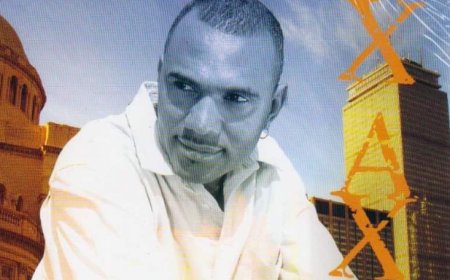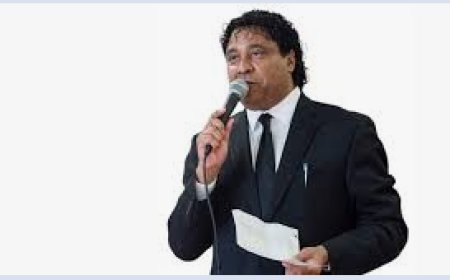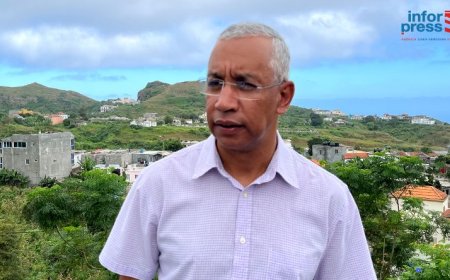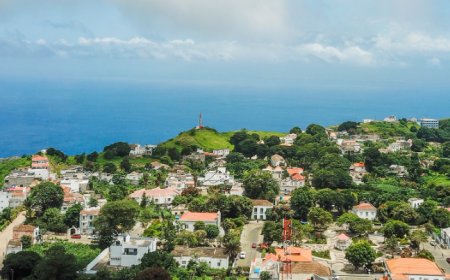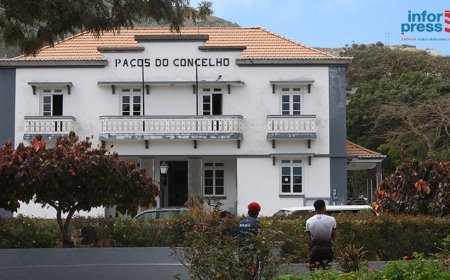In the last local elections Brava rejected Francisco Tavares and his troupe, but said YES to the MpD (Movement for Democracy)
Vila Nova Sintra, April 11, 2025 (Bravanews) - Ilha Brava's political landscape remains hot after the latest local elections, which culminated in the unprecedented election of Amândio Brito, a candidate with no previous party affiliation, to the presidency of the town council. However, an in-depth analysis of the results reveals a more complex and nuanced picture, with the population's clear rejection of Francisco Tavares and his influence, the significant strengthening of the Movement for Democracy (MpD) in the Municipal Assembly and an internal warning within the MpD itself about Tavares' future role.
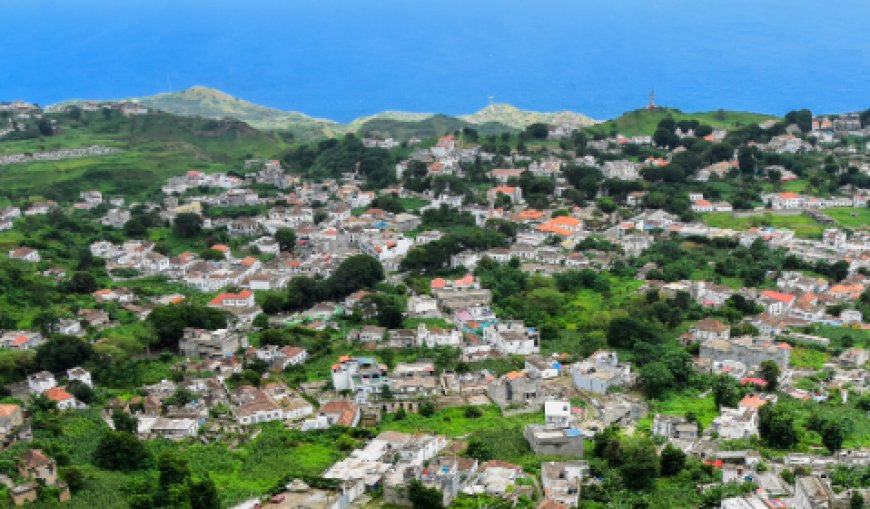
Amândio Brito's victory, although marking the end of a cycle and the rise of an independent figure, cannot be dissociated from the context in which it took place. The expressive vote won by the MpD for the Municipal Assembly, resulting in an opposition bench numerically superior to that of the party leading the executive, unequivocally demonstrates the strong support of the Bravense population for the MpD's platform and candidates. This election result was a clear "no" to continuing the governance model associated with Francisco Tavares and his team, who led the City Council in previous terms.
Internal MpD sources, in exclusive statements to Bravanews, expressed growing discomfort with what they consider to be Francisco Tavares' "excessive meddling" in the island's current political dynamics, both within the party itself and in governance issues. This alleged post-election influence is not in line with the verdict of the December 1st polls, where Brava's voters clearly signaled a desire for change and a rejection of the previous leadership. Tavares' insistence on maintaining a prominent role behind the scenes has generated tensions and divisions within the MpD, with some voices considering him a "toxic" element for the party's future political participation on the island.
From the analysis of the significant vote won by the MpD for the Municipal Assembly, the African Party for the Independence of Cape Verde (PAICV) should adopt a cautious stance, not considering Brava as electorally conquered territory for the next elections. A cold analysis of voter numbers reveals that, although the MpD lost the executive branch in the last election, it still holds a numerical majority of registered voters on the island. This underlines the need for the PAICV to maintain consistent work and present convincing proposals in order to capitalize on the results for the municipal council and win the trust of the majority of Bravenses.
The current political situation in Brava presents a complex and dynamic scenario. The election of someone to the city council who has never been a member of any political party, driven in part by the rejection of Francisco Tavares, has opened a new chapter in the island's political history. However, the strong presence of the MpD in the Municipal Assembly and the internal divisions generated by Tavares' persistent influence create an environment of uncertainty and potential instability.
For the MpD, which is due to go to local elections later this year to choose the new Municipal Political Committee, the challenge lies in consolidating the significant vote obtained, managing the internal tensions arising from Francisco Tavares' role and presenting a cohesive and credible alternative for the future of the island. Ignoring the clear message of the ballot box and the dissatisfaction of some of its own militants could jeopardize the political capital won.
On the other hand, the PAICV faces the opportunity to present itself as a force for unity and stability, capable of bringing together divergent opinions and presenting a development project that resonates with the needs and aspirations of the Bravense population. Underestimating the MpD's electoral strength, even in the face of the rejection of Tavares, would be a strategic mistake that could be costly in the next elections.
The "new political era" on Ilha Brava, therefore, is far from being a linear and predictable path. It is shaping up as a period of redefinitions, realignments and intense power struggles, especially in the choice of new local leaders, as well as candidates for national deputies in the next legislature. The ability of the different political actors to correctly read the scenario, learn from past mistakes and present proposals that meet the population's wishes will be decisive for the island's future and the consolidation of a new political cycle. The attentive gaze of Brava's citizens and their engagement in political life will, as always, be the key to shaping the future of their homeland.




